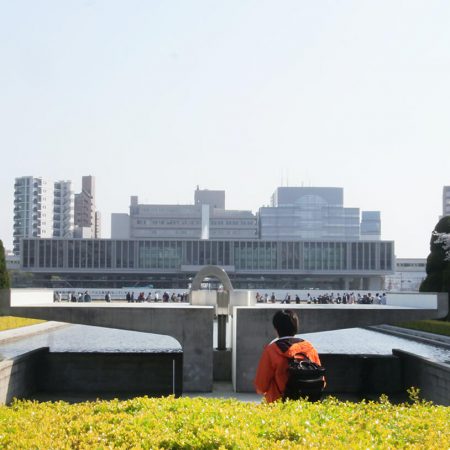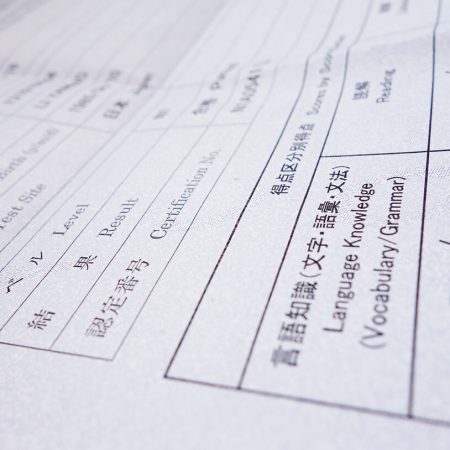Essential Japanese Phrases for Dining Local

Japan is known globally for numerous reasons. When you think about the Land of the Rising Sun, what comes to mind are the rich culture, traditional arts, natural attractions, historical sites, technological breakthroughs, and unique architectural designs.
But the best thing about the country is the cuisine. Ask anyone you know and chances are that some of their favorite food is Japanese. Dishes like udon, tempura, sashimi, ramen, donburi, soba, gyoza, tonkatsu, takoyaki, and yakisoba are some of the best on the entire planet.
A lot of people travel to Japan and automatically list food spots, restaurants, and izakayas on their itinerary. But what do customers say when they want to be seated? How do tourists call for a waiter’s attention if their services are needed? And what phrases can they use to order items from the menu?
Luckily, we’ve got that covered. In this article, we’ll discuss essential Japanese phrases for you to remember when dining locally.
Table of contents
- “Sumimasen.” (Excuse me.)
- “Arigato.” (Thank you.)
- “Hitori desu.” (For one please.)
- “Eigo no menyu arimasuka?” (Do you have an English menu?)
- “Kochira wo onegaishimasu.” (I’d like to order this.)
- “Ikuradesuka?” (How much is this?)
- “Omizu kudasai.” (Water please.)
- “Oishii desu.” (It’s delicious.)
- “Shashin, iidesuka?” (Could you take a picture.)
- “Okaikei onegaishimasu.” (Check please.)
- Conclusion
“Sumimasen.”
(Excuse me.)
This phrase is useful if you want to call the attention of staff for some service such as ordering food, asking for water, or any type of help that can be offered by the restaurant’s numerous staff members.
“Arigato.”
(Thank you.)
You should be thankful to the people who are accommodating and serving your table. Every time you ask for their assistance, say “arigato”. That should be enough of a sign of gratitude towards the staff. You can also use this towards your tablemates when asking for condiments, utensils, or some tissue paper to be passed around.
“Hitori desu.”
(For one please.)
Upon entering a restaurant, a host or any member of the establishment’s staff will shower you with all types of greetings to make you feel welcomed and comfortable. After this, they may ask for the number of customers that are in need of accommodation. If you are the only one dining, you can say “hitori desu” which means “for one person”. But if you have some company with you, you just need to replace hitori with the corresponding number of people in your group:
- “Futari desu” (For two people please)
- “Sannin desu” (For three people please)
- “Yonin desu” (For four people please)
- “Gonin desu” (For five people please)
If you are not knowledgable enough to directly read off the Japanese menu, then this phrase could save you the trouble of butchering the local language. Some restaurants provide an English menu to accommodate foreigners/to provide a more convenient experience for non-locals. But if not, just be careful with how you pronounce the words. Pointing at the items on the menu as you’re reading them could be helpful too.
“Kochira wo onegaishimasu.”
(I’d like to order this.)
If you don’t want to embarrass yourself in trying to read the Japanese menu items, then simply pointing at the preferred items and uttering this phrase should be the key in avoiding any mistakes with the orders.
“Ikuradesuka?”
(How much is this?)
If you’re the type to enjoy eating out, managing your meal budget can be a tough thing to do when there are so many appetizing options on the menu. So if you are a little bit tight on the budget or just want to save a few JPY, then asking this to the attending waiter should be helpful.
“Omizu kudasai.”
(Water please.)
Feeling thirsty? Just call for the attention of any of the restaurant’s staff members and say this phrase to ask for a glass of water to quench your thirst.
“Oishii desu.”
(It’s delicious.)
Japan is a country that values show gratitude and compliments. For example, when eating ramen, it is important to emphasize the slurping sound that you make while partaking the ramen, as it means that you are enjoying the ramen and/or finding it delicious. Uttering “oishii desu” while eating your food could mean the world for the chef and the entire restaurant staff.
“Shashin, iidesuka?”
(Could you take a picture.)
Taking photos of the dishes or with your friends and posting them on social media is a trend throughout the world, so don’t be shy to ask the staff to capture the moment, but bear in mind to ask them politely. Just say “sumimasen” and then hold your phone or camera up and use this phrase.
“Okaikei onegaishimasu.”
(Check please.)
Once you’re done eating and conversing with your friends, it’s now time to pay for the bill. Call for a staff member’s attention and ask for the check by using this phrase. You could also cross both your index or forefingers, as it is also a sign that you are done with your meals and asking for the check. But in fancier Japanese restaurants, it is better to ask for the bill verbally.
Conclusion
Japan’s food culture is regarded as one of the best and most unique in the whole world. So stopping by a few food spots should be on your list of things to do while in the country. It is also important to know which phrases are to be said once entering and ordering at a Japanese restaurant or izakaya.
We hope the essential Japanese phrases in the article will be of help to you when dining in Japan. And itadakimasu (happy eating)!
Motto Japan, the community platform to support foreigners with the foundation for life in Japan, including Japanese study, job opportunities, and housing service. Motto Japan Media will provide a wide variety of information for Japanese fans all over the world, to create a cross-cultural environment and enrich the life of foreign residents in Japan!













Leave a Reply